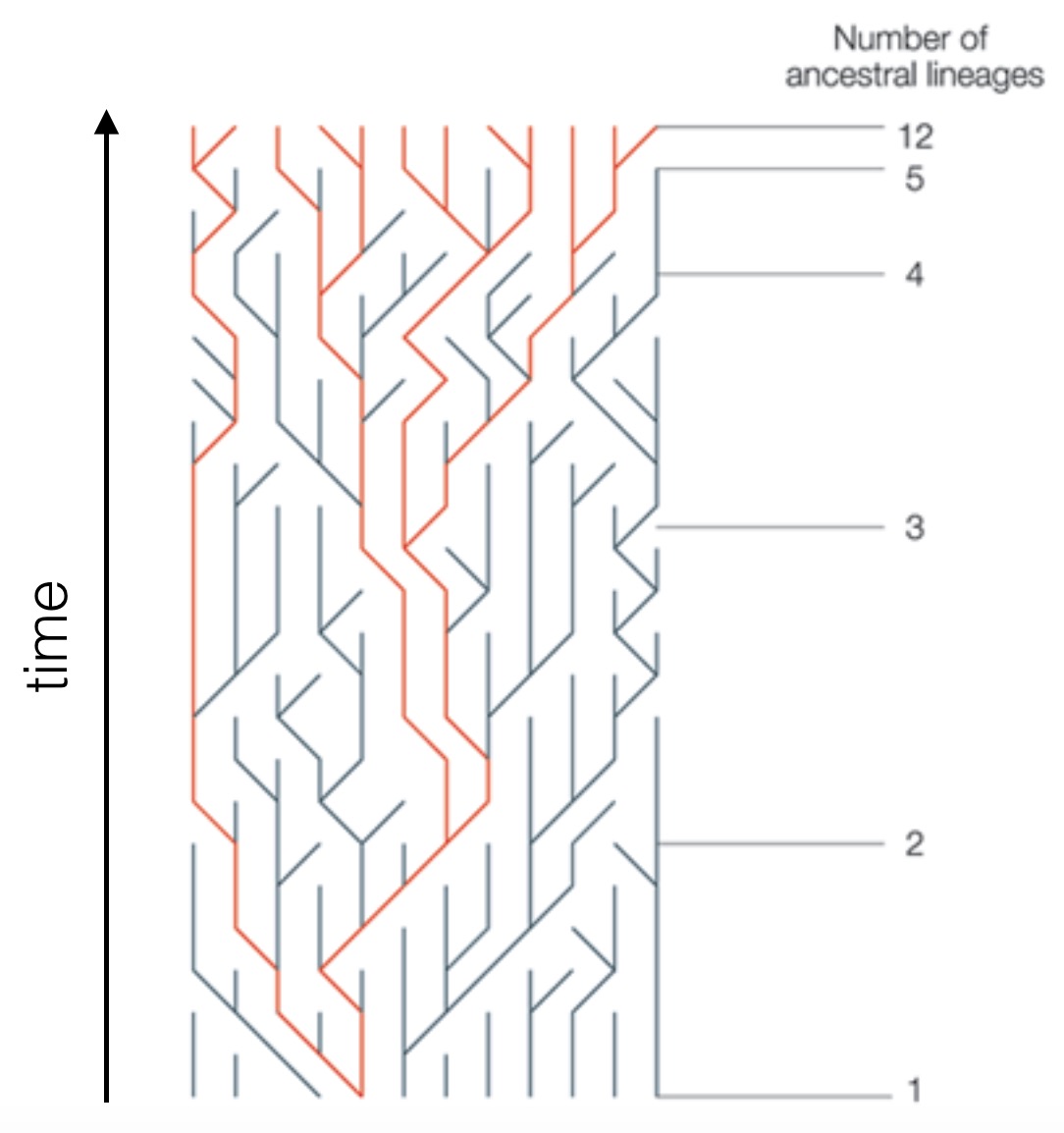Many Blog posts also appear on my Medium Blog
May 14, 2025
This post was originally published on the Poseidon Blog
A major request that emerged from the Peer Review process of our reviewed Poseidon preprint was the support for the Variant Call Format. This is the de-facto standard for how to store genetic variation data in the field of human and medical genetics. The Ancient DNA community has largely settled on simpler formats, perhaps most prominently due to support for EIGENSTRAT or PLINK formats of the popular software packages Eigensoft and Admixtools.
... Read more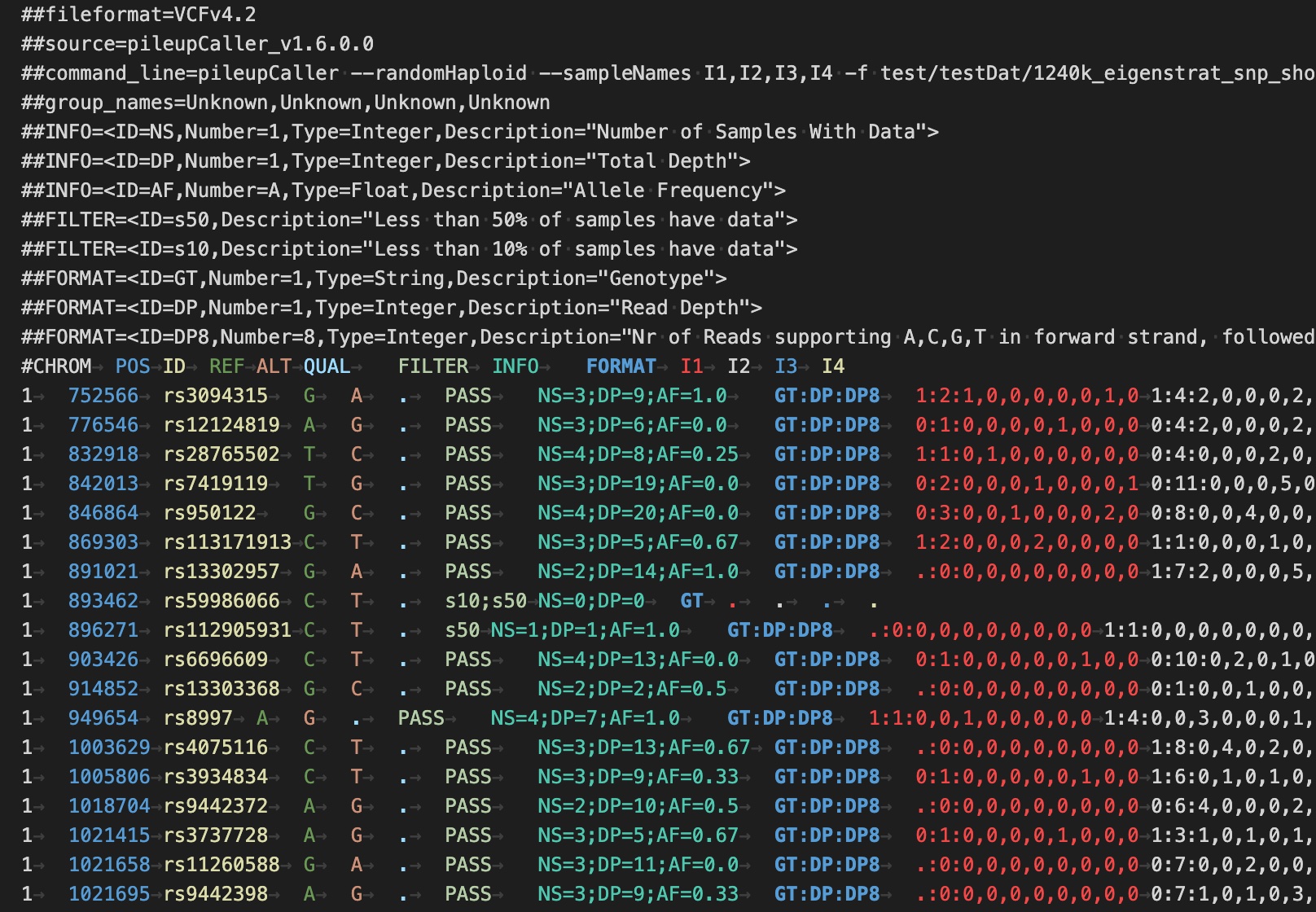
October 27, 2023
This post was originally published on the Poseidon Blog
Image credit by Unsplash
So, you’ve ordered your food, now what?
Often, we want to summarise the genetic data through summary statistics. Examples for such summary statistics are F-Statistics. Our tool xerxes fstats, which is part of the Poseidon ecosystem, provides a powerful and expressive tool to compute such summary statistics from genetic data described in Poseidon packages.

October 4, 2023
This post was originally published on the Poseidon Blog
Image credit by Unsplash
Today we’re releasing a new major release for trident, our command-line tool and workhorse for working with Poseidon packages.
If you haven’t checked it out yet, take a look at our documentation. With trident, you can download packages from our web-server, initialise new packages, perform validations, list summaries of packages, and - most importantly - forge new packages out of existing ones. This functionality, forge is more than a merge, and more than a subset tool. It is both. Perhaps a working analogy for what it does is a restaurant. At a restaurant, you order a specific meal, but you don’t care how the ingredients have been packaged, and with which other ingredients they are stored. You just want the chefs to assmble the meal, no matter whether the beans are stored together with the peas or not.

March 24, 2021
Command line tools are essential in many computational fields of science, not the least because command lines are often the only interface on a high-performance compute cluster or server. Particularly critical in command-line tools is a well-defined interface between the user and the program, the command line interface (CLI). A command line interface is like a contract. The user promises to provide input parameters in the right shape and type, and the tool promises to work with this input the way it is expected to. A breach of contract from the caller may result - at best - in a refusal of the program to run, and at worst in undefined behavior.
... Read more
October 16, 2019
I recently rebuilt my website. I had previously used Wordpress, and while that was perfect to get started, I soon got annoyed by its relative inflexibility. While Wordpress has a huge community with tons of free templates for nicely designed websites, the templates themselves are often very opinionated in a sense that they encourage certain archetypes, like Blogging sites, or magazine-style sites. Customization is possible, but it comes in the form of plugins (again, thousands are available for free), and the more customization you want, the more plugins you end up using. This at some point makes the whole system a bit bloated, and still not quite right in the end.
... Read moreSeptember 23, 2019
Stephan Schiffels’ project MICROSCOPE will investigate the pre-Roman European Iron Age with new genetic methods. The challenge in most periods of European prehistory since the Bronze Age is a high degree of genetic homogeneity among European populations. This is due to millennia of mixing and amalgamation of the originally diverse ancestry lines that make up Europeans today. In order to address this, a significant part of the project is devoted to the development of new statistical genomic methods, based on shared rare genetic variation, which will help investigating the subtle population dynamics needed to infer population movements in the past.
... Read more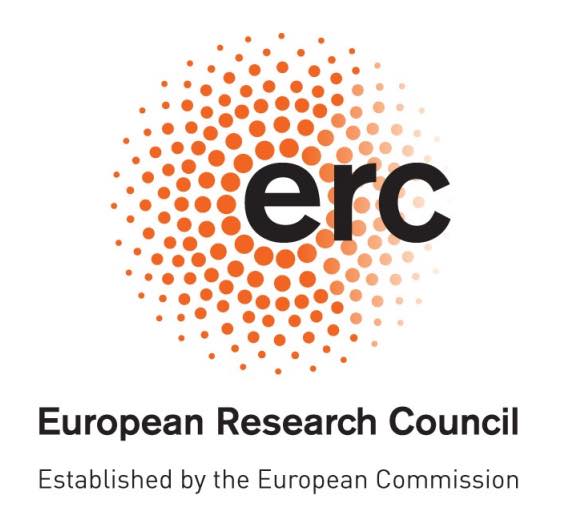
August 29, 2019
Working in academia comes with unique freedoms and challenges. I would argue that in no other job we have so much freedom to define our own work. At least at the Post-doctoral level and beyond, you mostly can choose what problems you want to work on, how to solve them, and in what pace. Even as a PhD student, in many cases there is a lot of freedom to choose projects and set your own goals and deadlines (this may not be the case for everybody, but it was for me).
... Read more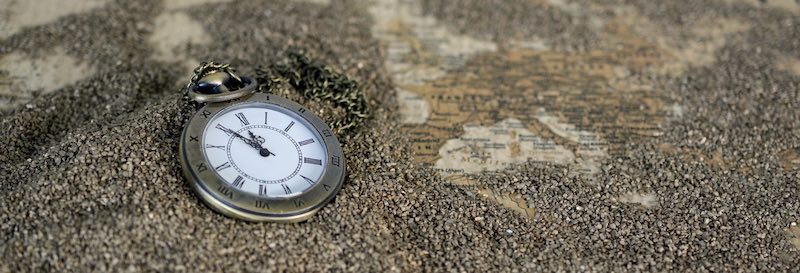
June 5, 2019
This post appeared originally on the Nature Ecology & Evolution Community blog.
Reference: https://www.nature.com/articles/s41586-019-1251-y
In October 2015 — I had just started my new job as Group Leader at the newly founded Max Planck Institute for the Science of Human History in Jena, Germany — we were visited by a young researcher, Pavel Flegontov, from Ostrava University in Czech Republic. Pavel is a computational biologist who a few years ago got himself interested in human population genetics and prehistory. I was at the time about to publish our paper on Anglo-Saxon ancient DNA from England, for which we developed new methodology to investigate fine-scale population structure based on rare genetic variation. Pavel wanted to apply this new methodology to an open genetic question in the literature about Athabaskans, an ethnic group from North America. David Reich, a geneticist from Harvard University, had shown previously in a paper in 2012 that Athabaskans have a distinct ancestry component not shared with many other Native Americans and which could be related to Paleo-Eskimos.
... Read more
August 12, 2017
Vorhersagen von Wahlergebnissen aufgrund von Umfragen gehören zum Standardgeschäft des politischen Betriebes. Etwa wöchentlich veröffentlichen die großen Fernsehsender Umfragen, zum Beispiel zur sogenannten “Sonntagsfrage”: “Wenn am nächsten Sonntag Bundestagswahl wäre, wen würden Sie wählen?”
... Read more
June 9, 2017
So, I am reading this book called “Probability Theory; The logic of Science” by E.T. Jaynes. It is an excellent read, highly recommended, and quite an eye-opener to me in terms of understanding statistics and data analysis from first principles. Here I am sharing a few particularly interesting insights from chapter 9.11 (“Significance Tests”, p. 293).
... Read more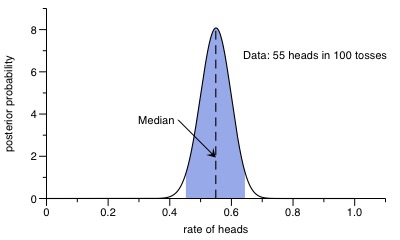
May 24, 2017
In my last blog post I have shown how we estimated the Anglo-Saxon genetic contribution to modern English from rare variants. Here I’ll show more generally how we can use rare genetic variants to learn more details about population history.
... Read more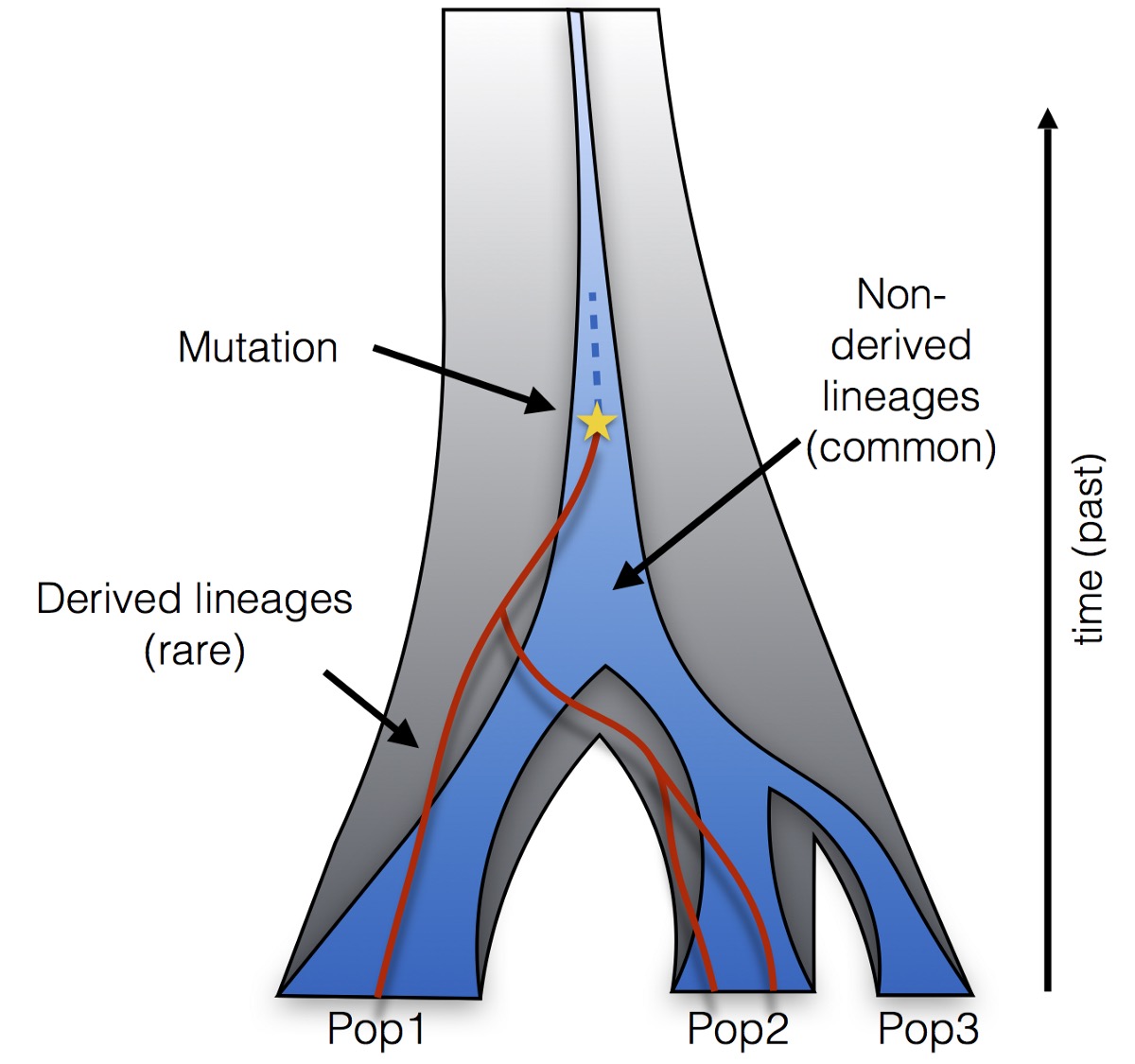
January 22, 2016
Human history is deeply imprinted in our genomes, through patterns of common ancestry. These patterns can be studied by looking at mutations that are shared between people living in different times in different places. In this post I will summarize our recent genetic study on Anglo-Saxon immigration history in Britain, and in doing so,will describe some new methodology that we have developed for this project, which is based on rare mutations.
... Read more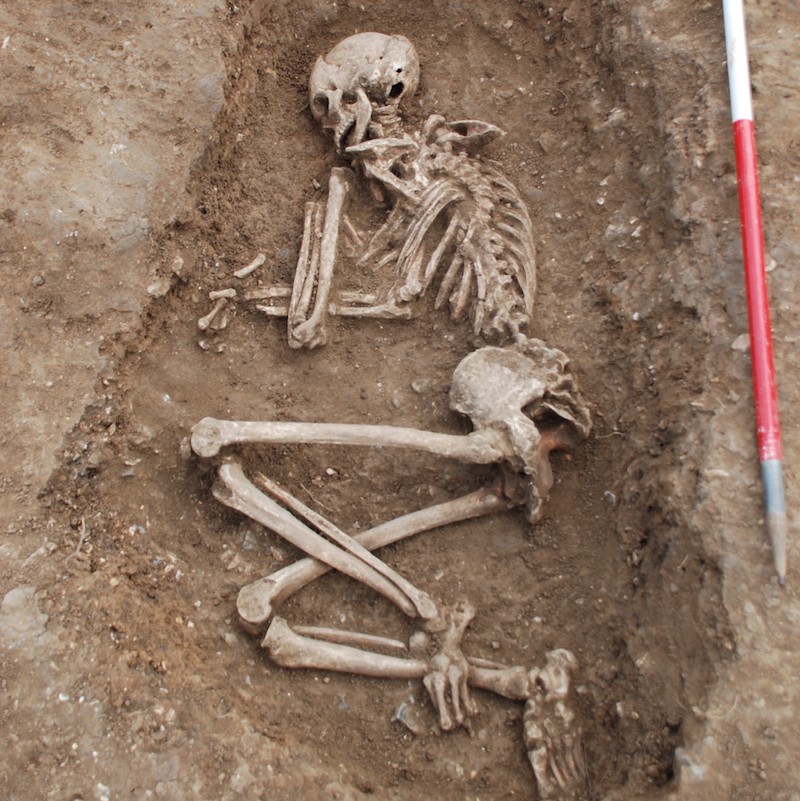
January 6, 2016
This is a response to this creationist’s post on Human evolution, in which I found so many flaws that I have to at least correct the most obvious factual errors for general readers. At the same time, this may serve as a quick primer into neutral theory.
... Read more